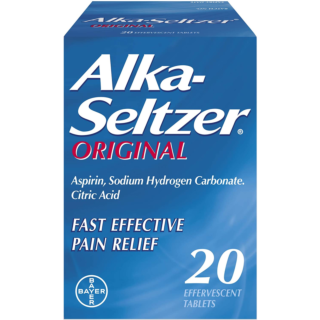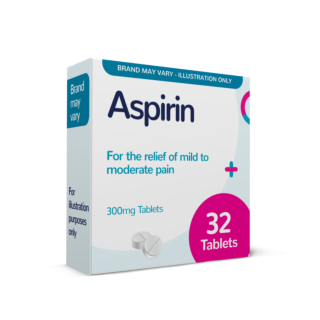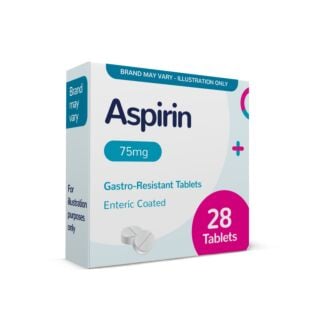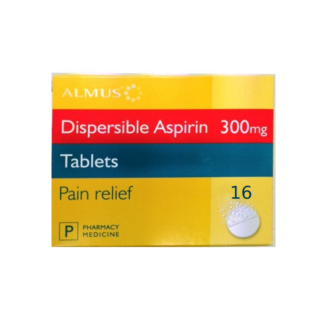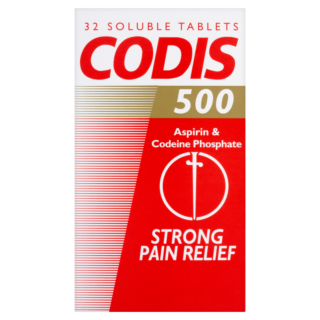Aspirin
Aspirin is an everyday anti-inflammatory painkiller known as an NSAID (non-steroidal anti-inflammatory drug). … Read More See less
It’s used to relieve aches and pains, such as a headache, toothache and period pain. Additionally, it can be used to treat cold and flu-like symptoms and reduce a high temperature - an essential product for your medicine cupboard.
Related Guides

Free delivery when you spend over £30

100% discreet delivery for every item ordered

Fully regulated UK pharmacy
Can I take low dose aspirin during pregnancy?
You can take low dose aspirin during pregnancy, but you should only do so if your doctor has said it’s okay.
Daily low dose aspirin can even be recommended by doctors to help with some medical issues that can arise during pregnancy, including:
- Heart attack
- Stroke
- Pre-eclampsia
- If you’re having fertility treatment
- If you have had several miscarriages
If you are pregnant, then you should avoid any medications that have not been recommended to you by your doctor or another health care professional.
This includes the standard dose of aspirin that is used for pain relief (300mg), which should only be taken if your doctor has advised it and should not be taken at all after 30 weeks of pregnancy.
Can I use aspirin for pain relief?
Aspirin can be used as a pain relief medication, but it’s used in higher doses than you would use to support your heart health.
You typically only need to take one 75mg aspirin per day for your heart health, whereas the usual dose of aspirin for pain relief is one or two 300mg tablets every 4–6 hours, not taking more than 12 tablets in any 24 hour period.
If you’re taking daily low-dose aspirin and want to use aspirin for pain relief, speak to your doctor or pharmacist to make sure that this is the best choice for you.
Is aspirin an anti-inflammatory?
Aspirin does work as an anti-inflammatory, as well as an analgesic (pain relief medication), a blood thinner (when taken in small daily doses), and an antipyretic (which reduces fever).
Can aspirin thin the blood?
Studies show that a low dose of aspirin can thin the blood, helping to lower your chances of developing a heart attack or a stroke, caused by a blood clot.
It’s shown to work in those who are at high risk of heart attacks and strokes, or those who suffer from angina (chest pain caused by heart disease).
Taking low-dose aspirin to prevent heart attacks and strokes is not the same as taking aspirin as a painkiller - make sure you follow your doctor’s advice.

